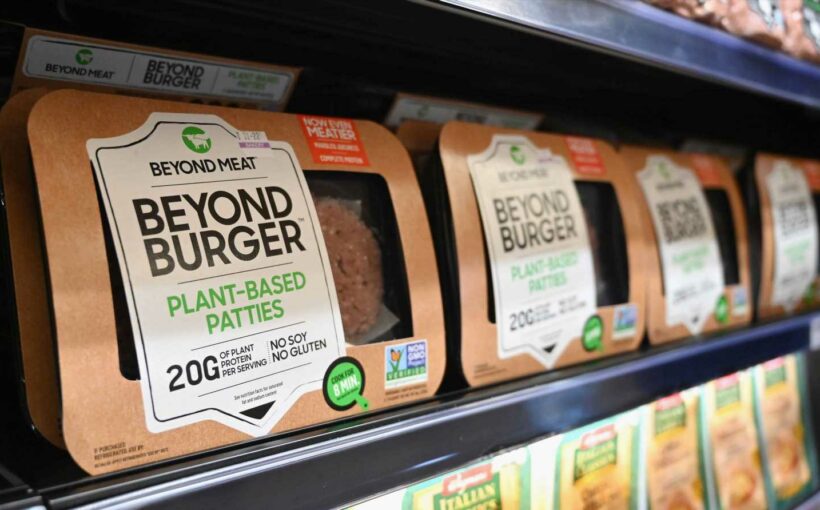- Beyond Meat has struck deals with fast-food giants McDonald's and Yum Brands.
- The company fell short of Wall Street's estimates for its fourth-quarter revenue, and it reported a wider-than-expected quarterly loss.
- The company declined to provide an outlook for 2021, citing the uncertainty caused by the pandemic.
Beyond Meat on Thursday announced that it has struck deals with fast-food giants McDonald's and Yum Brands, sending shares up 7% in extended trading.
The company separately reported a bigger-than-expected quarterly loss as the cost of global expansion and weak restaurant sales weighed on the business. Shares of the company initially fell 6% in extended trading on the earnings report before turning positive on the hopes that the new restaurant deals will fuel growth.
Here's what the company reported compared with what Wall Street was expecting, based on a survey of analysts by Refinitiv:
- Loss per share: 34 cents adjusted vs. 13 cents expected
- Revenue: $101.9 million vs. $103.2 million expected
The company reported its fiscal fourth-quarter net loss of $25.1 million, or 40 cents per share, widened to a loss of $452,000, or 1 cent per share, a year earlier.
Excluding expenses attributed to the pandemic, Beyond lost 34 cents per share, wider than the loss of 13 cents per share expected by analysts surveyed by Refinitiv.
Net sales rose 3.5% to $101.9 million, missing expectations of $103.2 million.
Under the new three-year deal with McDonald's, Beyond will be the preferred patty supplier for its McPlant burger, which is being tested in some markets globally. McDonald's and Beyond will also work together to develop new substitutes for pork, chicken and egg.
Likewise, Beyond and Yum will work together to make exclusive menu items for KFC, Taco Bell and Pizza Hut over the next several years.
Financial terms for both strategic partnerships were not disclosed.
Beyond Meat declined to provide an outlook for 2021, citing the uncertainty caused by the pandemic.
Source: Read Full Article
